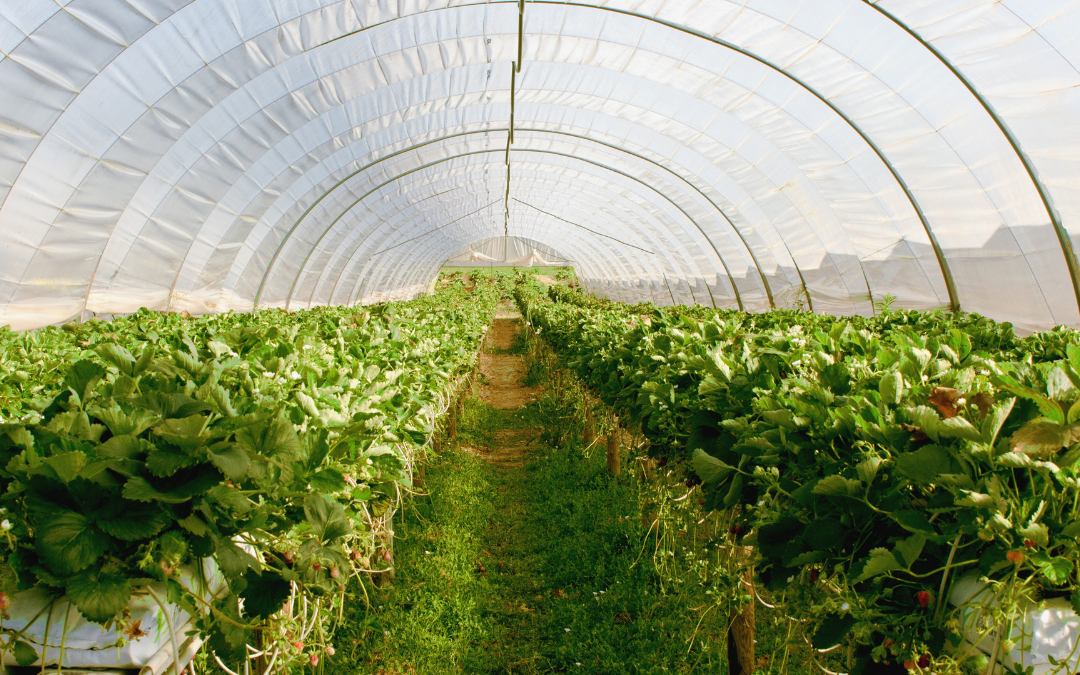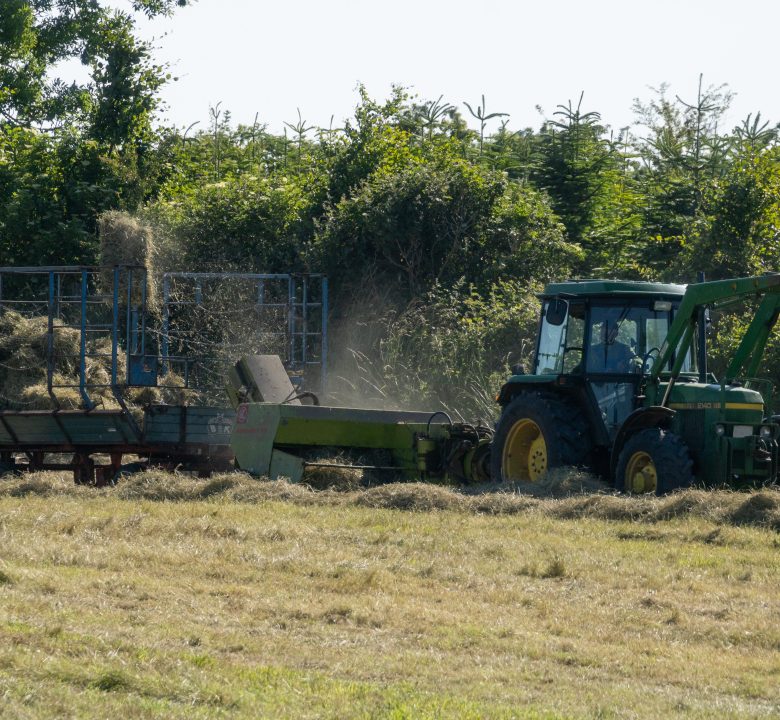
9 Sustainable Agribusiness models that will make a difference in Africa
January 31, 2023
Affordable Greenhouse Solutions for the Modern Farmer: Making Agriculture Greener and More Efficient
February 2, 2023Africa is a continent with vast agricultural potential, however, traditional farming methods are often inadequate in producing high-quality crops and yields. As the world becomes more aware of the importance of sustainable agriculture and food security, the greenhouse business in Africa is becoming increasingly relevant. In this article, we will explore the opportunities, challenges, and solutions for developing a successful greenhouse business in Africa.
Opportunities in the Greenhouse Business in Africa
There are numerous opportunities for greenhouse business in Africa, including:
- Growing crops year-round: Unlike outdoor farming, greenhouses enable farmers to grow crops all year round, regardless of the weather conditions. This means that farmers can produce high-quality crops and increase their yields, even during the off-season.
- Increased efficiency: Greenhouses are designed to be highly efficient, with advanced systems for irrigation, fertilization, and temperature control. This means that farmers can reduce their costs and increase their profits.
- Diversifying crops: Greenhouses allow farmers to grow a wide variety of crops, including those that are typically not grown in the local area. This can help farmers diversify their crops and reduce their dependence on a single crop.
- Meeting the demand for high-quality produce: As the world becomes more aware of the importance of healthy eating, the demand for high-quality produce is increasing. Greenhouses provide a controlled environment that enables farmers to produce high-quality crops, thereby meeting this demand.
Challenges in the Greenhouse Business in Africa
Despite the numerous opportunities, there are also challenges in developing a successful greenhouse business in Africa, including:
- Lack of infrastructure: In many parts of Africa, there is a lack of infrastructure and resources for agriculture, including greenhouses. This can make it difficult for farmers to access the resources they need to establish and maintain a successful greenhouse business.
- High costs Greenhouses can be expensive to build and maintain, and the cost of inputs, such as seeds, fertilizers, and equipment, can be high. This can make it difficult for farmers to make a profit, especially in countries where the market for high-quality produce is still developing.
- Lack of knowledge and training: Many farmers in Africa lack the knowledge and skills needed to operate a greenhouse. This can make it difficult for them to achieve the desired results and make a profit.
- Unfavourable climate conditions Some parts of Africa experience extreme weather conditions, such as high temperatures, droughts, and floods, which can be challenging for greenhouse operations.
Solutions for the Greenhouse Business in Africa
To overcome these challenges and realize the opportunities of the greenhouse business in Africa, it is important to implement solutions, including:
- Investing in infrastructure: Governments, NGOs, and private companies can invest in the development of infrastructure and resources for agriculture, including greenhouses. This will help farmers access the resources they need to establish and maintain a successful greenhouse business.
- Providing training and education: Farmers in Africa need access to training and education in order to develop the knowledge and skills they need to operate a successful greenhouse business. This can be provided by governments, NGOs, and private companies.
- Encouraging private investment: Private companies can invest in the development of the greenhouse business in Africa, by building and operating greenhouses, providing inputs and equipment, and supporting farmers through training and education.
- Supporting research and development: Governments and private companies can support research and development in the field of agriculture, including greenhouse agriculture. This will help to develop new technologies and methods for operating successful greenhouses in Africa.
- Implementing sustainable practices: Greenhouses have the potential to be highly sustainable, using practices such as hydroponic growing and rainwater harvesting. By implementing these practices, farmers can reduce their environmental impact and increase their profits.
- Encouraging local market development: Governments and private companies can encourage the development of local markets for high-quality produce, through marketing and promotion activities. This will help to increase the demand for high-quality produce and increase the profitability of greenhouse operations.
In conclusion, the greenhouse business in Africa presents both opportunities and challenges. However, with the right solutions in place, it has the potential to be highly successful. Providing farmers with a means of producing high-quality crops year-round, increasing their yields, and reducing their costs. By investing in infrastructure, providing training and education, encouraging private investment, supporting research and development, and implementing sustainable practices the greenhouse business in Africa has the potential to play a key role in the development of sustainable agriculture and food security on the continent.




